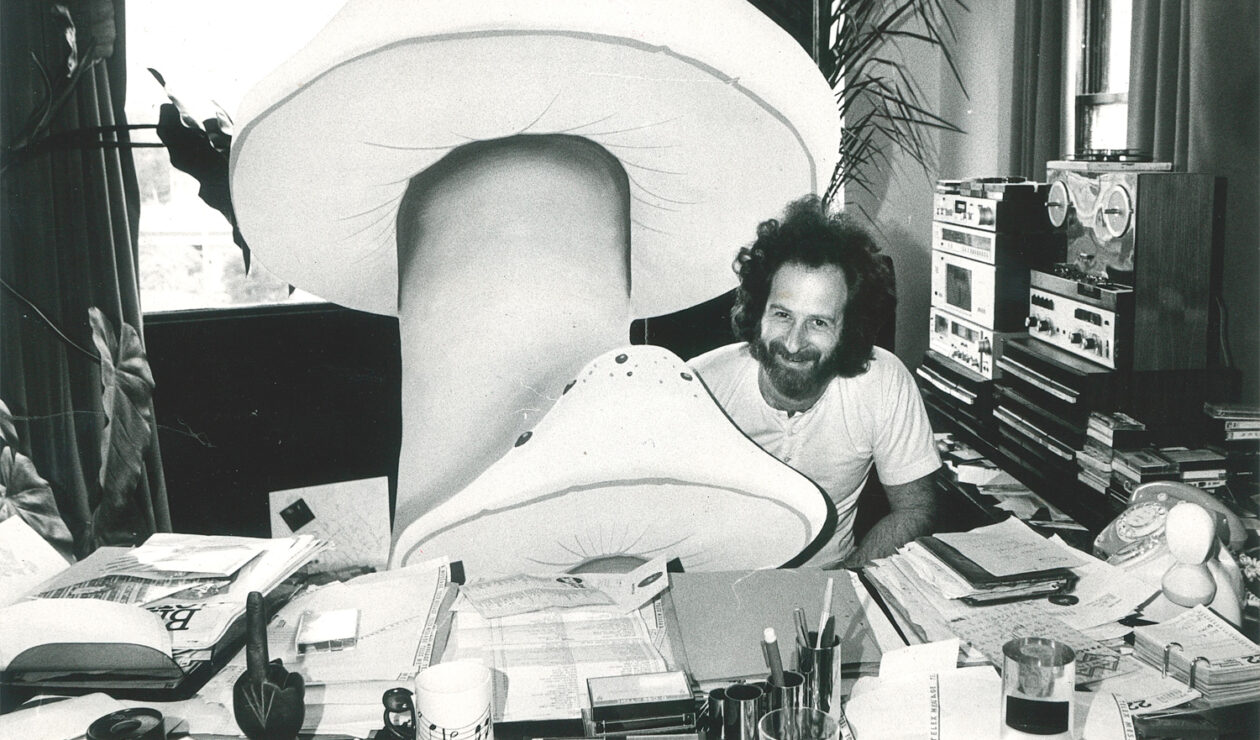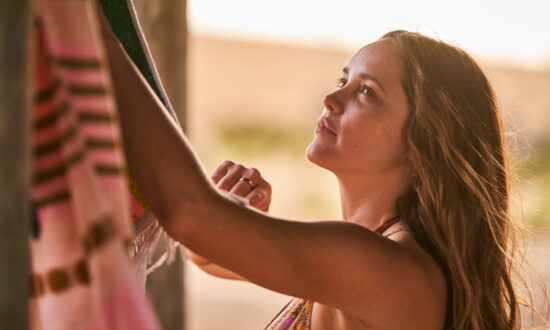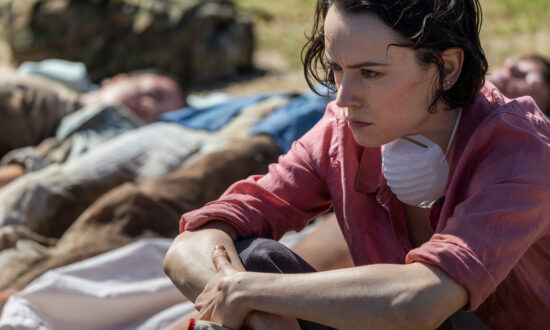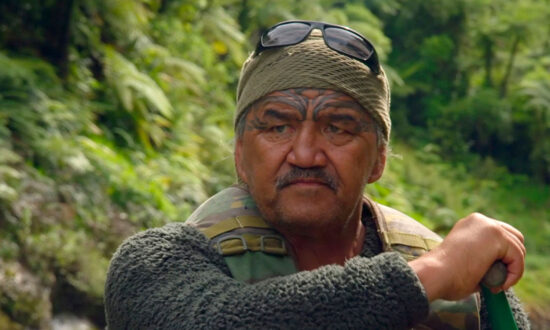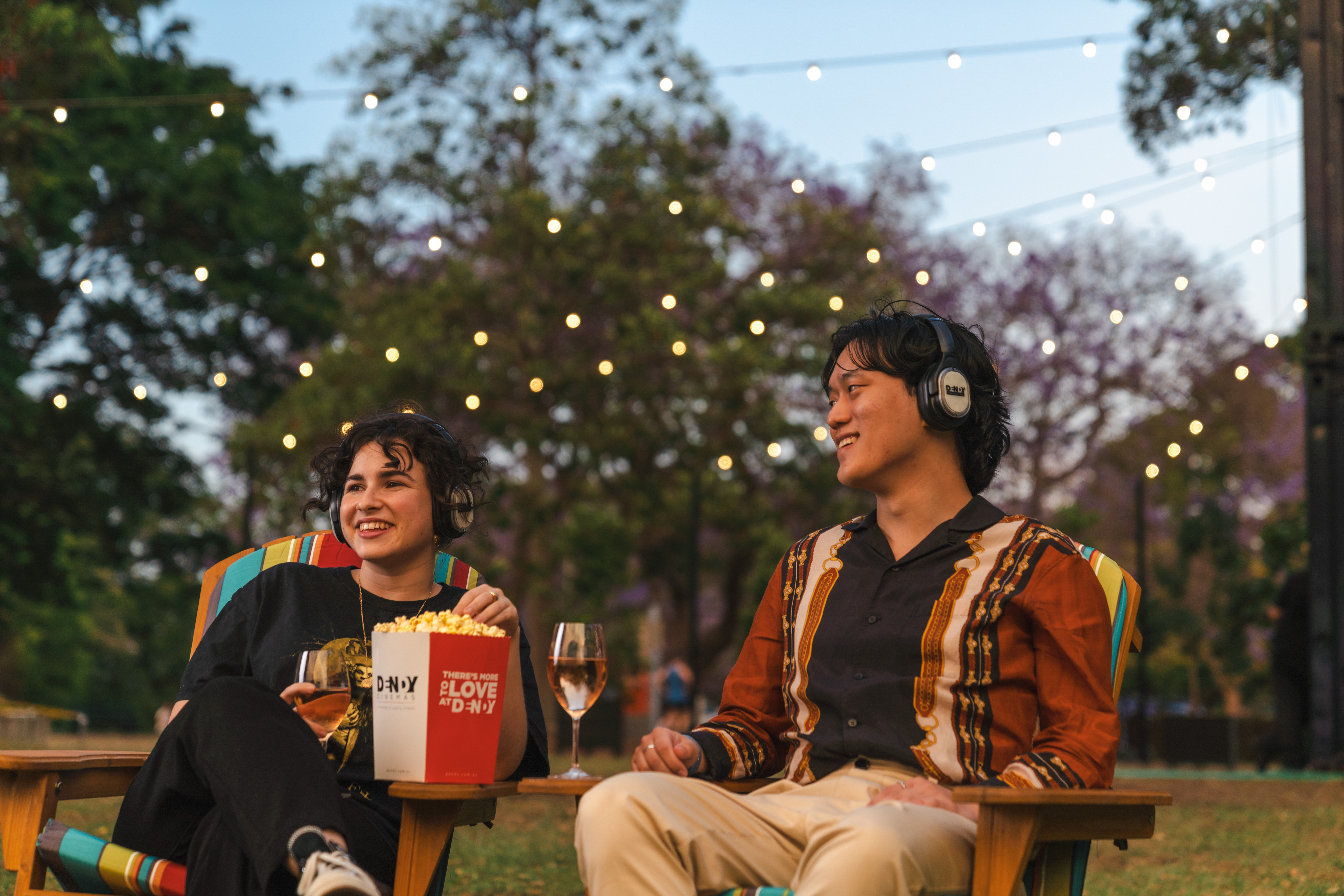Ego could be a reference to a Skyhooks song as much as a comment on how much space Gudinski took up in the world. The pop band was one of a handful of artists – Kylie Minogue was the biggest – who kept Gudinski’s Mushroom Records from financial oblivion while he was finding the next great Australian act.
In this documentary, we learn he was a shy man and his family history was overshadowed by the tragedy of Hitler’s Jewish genocide. Gudinski never heard the full story but his sister knew their Russian mother had smuggled a sister to safety, only to find out later she was captured and shot.
Growing up in Melbourne, Gudinski was entrepreneurial, renting backyard parking to racing punters and promoting dances in the school holidays. After seeing The Loved Ones perform, he wanted nothing more than to be part of the music world. His parents threw him out and his career began.
Some of the stars interviewed for Ego stress how different Gudinski was from others in the business. He loved music and being around musicians, and went to three or four gigs a night – not just scouting for talent, but because he wanted to. “He wasn’t just a businessman, he was a fan,” Sting says. “He just loved the music business; he loved his job,” says Billy Joel.
It is reasonable to ask how much we need this congratulatory hug of a film two and half years after Gudinski died at 68 with a drug cocktail in his system that included cocaine, morphine and oxycodone. His death is downplayed, but his life was central to the creation of an Australian rock music scene that did not exist until Mushroom artists like Skyhooks, Daddy Cool, Cold Chisel, The Angels, Split Enz and Renee Geyer came along.
Gudinski backed performers like Paul Kelly, whose first two albums failed, because he believed in their talent. Nothing was guaranteed. He also signed Yothu Yindi in the first real embrace of First Nations music, and followed up with Archie Roach and Ruby Hunter.
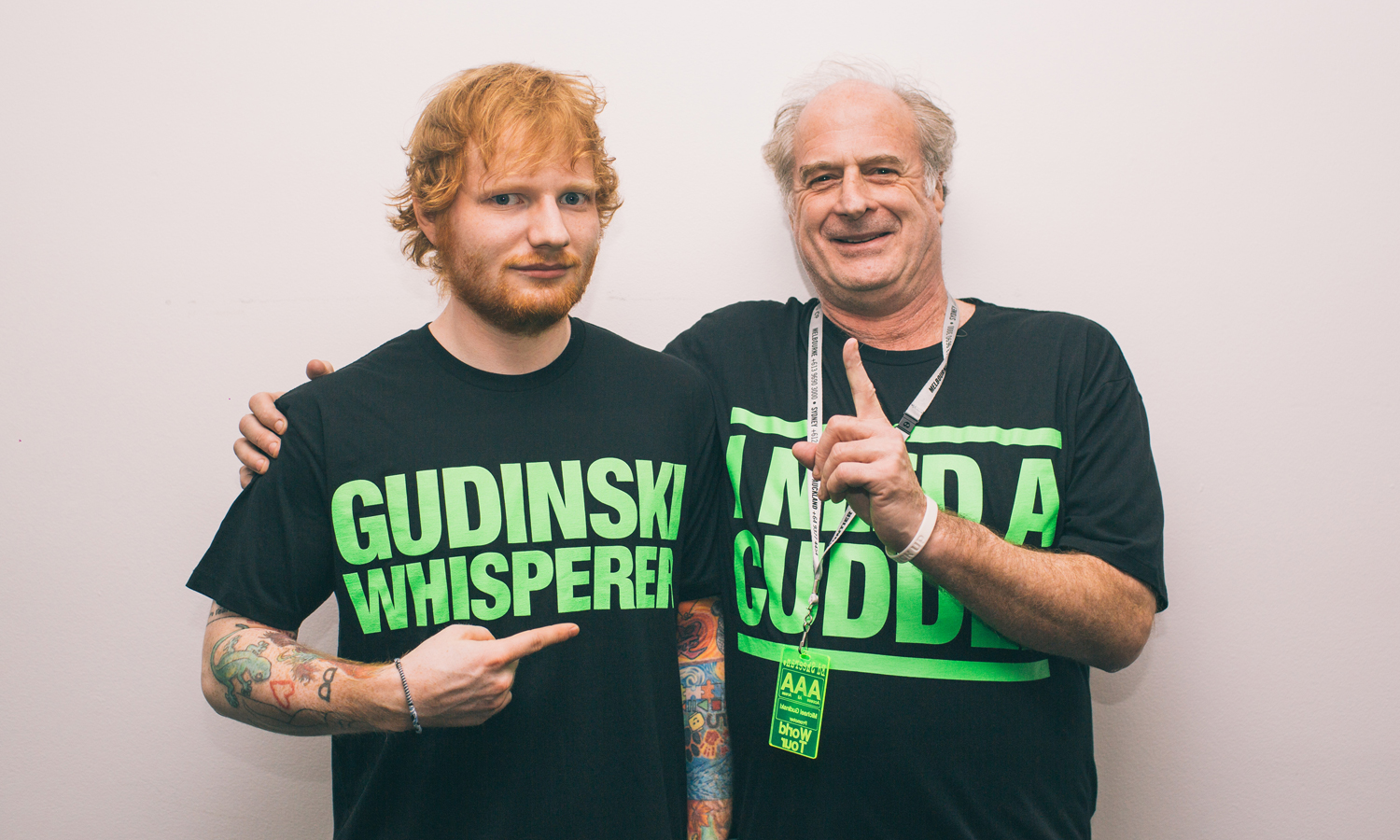
Ed Sheeran with Michael Gudinski in 2015. Photo: Brian Purnell / supplied
He flirted with the big time by partnering Mushroom with Festival Records, owned by Rupert Murdoch, but the commercial constraints were too much and he sold it all. It was a dismal time but his great love was always for tour promotion. As Bruce Springsteen says in the film: if you were coming to Australia, you thought of Michael Gudinski.

Get InReview in your inbox – free each Saturday. Local arts and culture – covered.
Thanks for signing up to the InReview newsletter.
With his wife, Sue, and two children, Gudinski welcomed the stars into his home, and gave Billy Joel the run of the kitchen because he knew how much he wanted to eat home-cooked food. Sting heard about it and flew in a couple of hours later, just to sit around his table.
Gudinski’s unexpected death rocked a lot of people, among them young Ed Sheeran, who had become like an adopted son. Gudinski was always around drugs but, like good friend Jimmy Barnes, kept it together enough that his marriage and career survived. His genius was in hoovering up all aspects of the music business under the Mushroom umbrella and, through it, channelling an era.
Ego: The Michael Gudinski Story is in cinemas now.
Support local arts journalism
Your support will help us continue the important work of InReview in publishing free professional journalism that celebrates, interrogates and amplifies arts and culture in South Australia.
Donate Here
